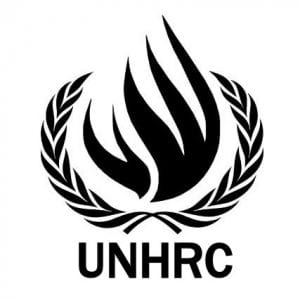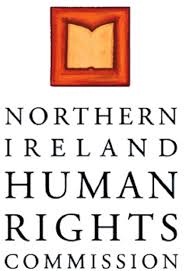By Prof Steven Greer, Professor of Human Rights (University of Bristol Law School).
 On 20 June 2018 the US announced that it was leaving the United Nations Human Rights Council (UNHRC) because it was ‘a cesspool of political bias’ particularly against Israel. Although this decision has been condemned by human rights activists and NGOs around the world, and/or ‘regretted’ by other western states, sadly, the claims upon which it is ostensibly based are not without foundation.
On 20 June 2018 the US announced that it was leaving the United Nations Human Rights Council (UNHRC) because it was ‘a cesspool of political bias’ particularly against Israel. Although this decision has been condemned by human rights activists and NGOs around the world, and/or ‘regretted’ by other western states, sadly, the claims upon which it is ostensibly based are not without foundation.
The protection of human rights is one of the UN’s key objectives and a formal element in all its activities. But, since 2006, the UNHRC has been particularly entrusted with this task. The final nail in the coffin of its discredited predecessor, the UN Commission on Human Rights, was the election of Libya as chair in 2003. Composed of officials from 47 UN member states, the UNHRC is elected on a secret ballot by simple majority of the UN General Assembly (UNGA). Thirteen seats are set aside for African states, thirteen for Asian, eight for Latin American and Caribbean countries, six for Eastern Europe, and seven for Western Europe and the rest. Any member state of the UN, irrespective of its own human rights record, is eligible to stand. The UN requires states, when casting their votes, to take the contribution of candidates to the promotion and protection of human rights into account, and the vast majority of those seeking election make written pledges and commitments to this effect. But it is widely believed that diplomats horse trade with each other about who to vote for, with the usual back room deals and political partisanship this entails. (more…)







